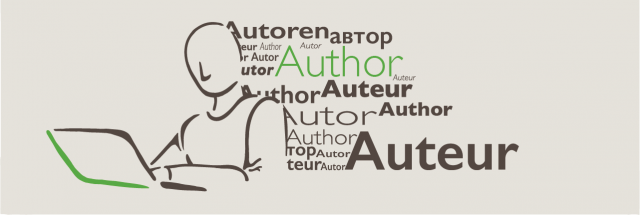Communications company director tells of ‘the other 9/11’
Simon Cohen, Managing Director of Global Tolerance, a UK-based communications and PR company, told about ‘the other 9/11’ when he addressed a gathering of media professionals at a conference in Switzerland on ‘Trust and Integrity in the Global Economy’, on 27 July.
On 9/11, 2006, CNN ‘endlessly’ replayed the live coverage of the New York terrorist attacks of five years previously, Cohen said. His company sought for something more imaginative. They organised an event in London to mark the 100th anniversary, that day, of Mahatma Gandhi’s launch of Satyagraha, the non-violent resistance to British imperial rule in India. Global Tolerance got the permission of Madame Tussaud’s to borrow their waxwork model of Gandhi. A hundred young people stood next to this statue outside the St Ethelburga’s Centre for Peace and Reconciliation in the City of London.
‘The response was massive,’ Cohen claimed, attracting widespread international media coverage. He was interviewed about ‘the other 9/11’, a non-violent resistance to injustice, by the Canadian Broadcasting Corporation, on prime time television.
This was one of several examples Cohen gave to show ‘how an ethical media can survive the current challenges in a global economy’—the subject of his talk to a ‘work-stream’ of media professionals. The five-day ‘trust and integrity’ conference was held in Mountain House, the global centre of the Initiatives of Change movement, 24-29 July.
In another example, ‘Reporters of Hope’ in France worked with a national newspaper to produce a supplement on Hope. The paper’s circulation went up by 23 per cent, year on year, Cohen said.
The work-stream group brainstormed on the challenges to an ethical media in the current economic climate—including issues ranging from competition, shortage of credit and bottom line pressures, to the digital divide and shortage of time amongst journalists in a 24-hour newsgathering cycle.
Ethical challenges included: the need to avoid increasing ‘the paradigm of fear’ amongst media audiences; the need for trustee models of media ownership such as at The Guardian; the need for individual journalists to have ‘the strength of their convictions’ in pursuing stories; and ‘the personal conscience’ of media professionals. The use of ‘imagination’ in getting an unusual story across to audiences was emphasised, as Cohen’s company had shown.
It was acknowledged that journalists rate high on the statistics of suicides, alcoholism, substance abuse and relationship breakdown. But one participant claimed that ‘you are economically OK if you do the right thing.’

